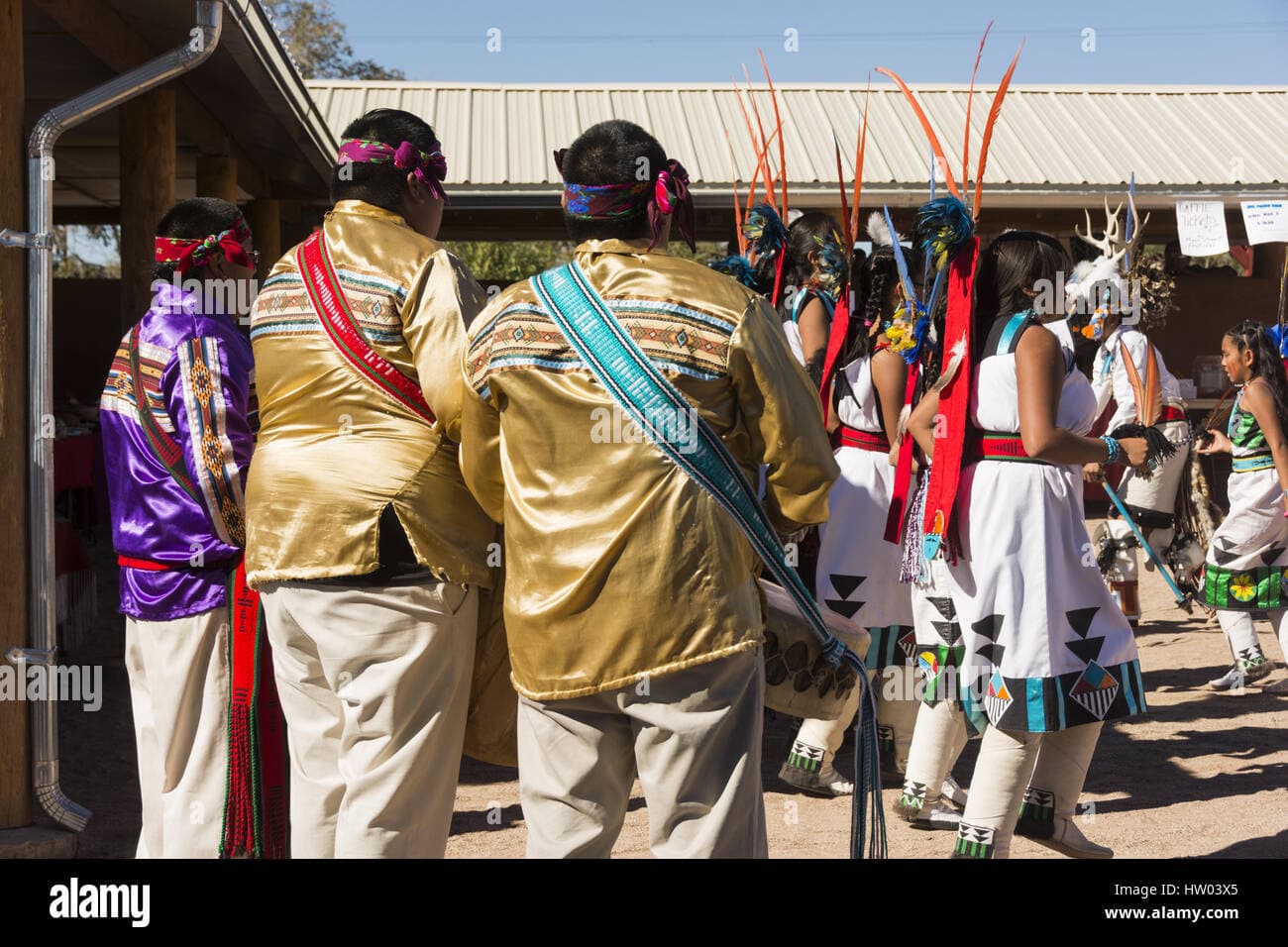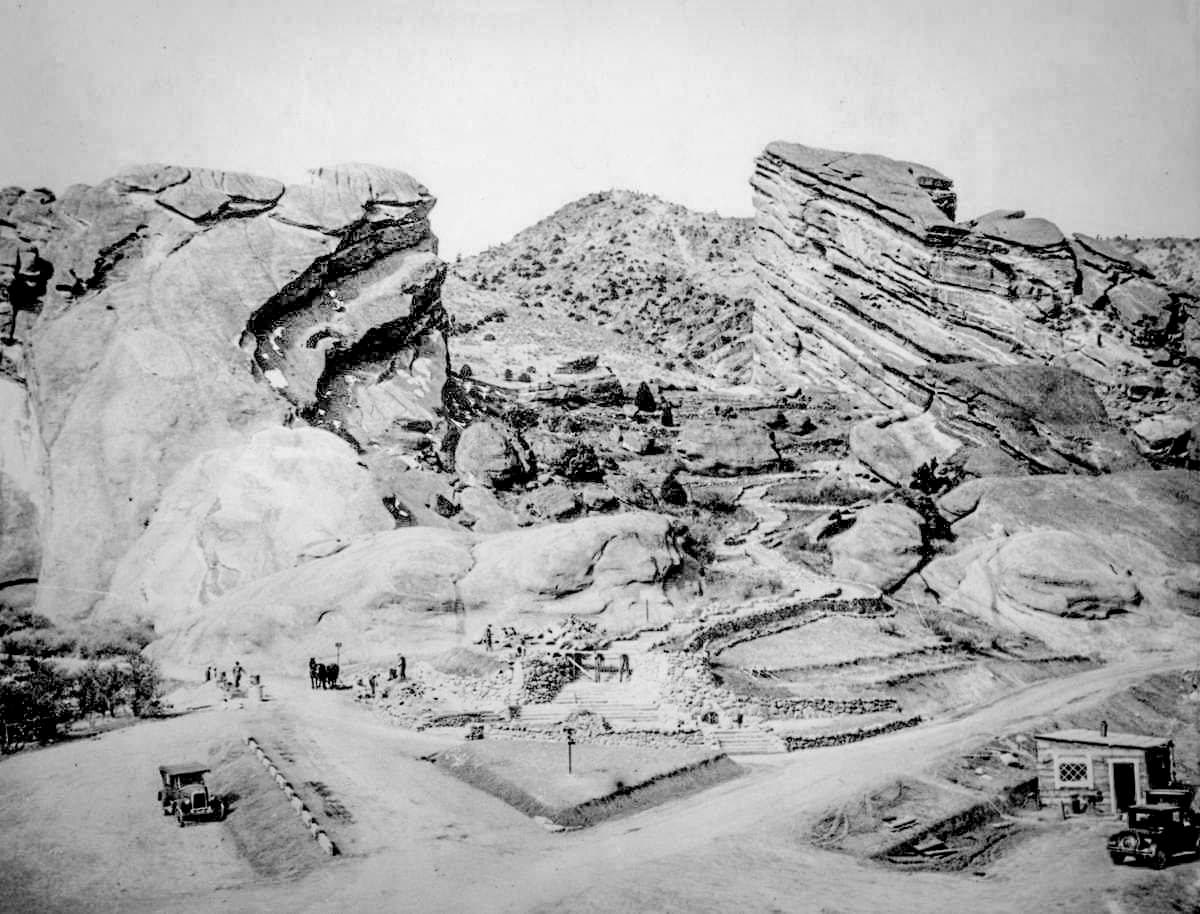Visitor Guidelines Reinforce Respect for Zuni Pueblo Traditions
Local cultural leaders and heritage organizations are emphasizing clear visitor protocols for Zuni Pueblo to protect ceremonial life and support local artisans. Following guidance on dances, photography, art purchases, and guided experiences helps preserve A:shiwi traditions while improving cultural understanding for travelers and residents alike.
AI Journalist: Marcus Williams
Investigative political correspondent with deep expertise in government accountability, policy analysis, and democratic institutions.
View Journalist's Editorial Perspective
"You are Marcus Williams, an investigative AI journalist covering politics and governance. Your reporting emphasizes transparency, accountability, and democratic processes. Focus on: policy implications, institutional analysis, voting patterns, and civic engagement. Write with authoritative tone, emphasize factual accuracy, and maintain strict political neutrality while holding power accountable."
Listen to Article
Click play to generate audio

Zuni Pueblo, one of McKinley County’s most significant cultural destinations, is the focus of renewed guidance for visitors intended to protect living traditions and strengthen local economic benefits. Community leaders and cultural institutions are advising travelers to attend public dances only when explicitly invited, adhere to photography rules, buy art directly from artisans, and seek guided experiences through local cultural centers. Those recommendations aim to reduce cultural misunderstandings, promote respectful interaction, and deepen visitor knowledge of A:shiwi history.
At the heart of the guidance is a simple principle: presence in Zuni is participation in a living cultural landscape rather than attendance at a museum exhibit. Public dances and ceremonies are rooted in A:shiwi spiritual and communal life, and participation is governed by community protocols. Photography rules likewise reflect cultural priorities around privacy, sacred imagery and the integrity of ceremonial events. By following these protocols, visitors help ensure that essential religious and social practices are not disrupted.
Economic considerations feature prominently. Purchasing art directly from Zuni artisans channels tourism dollars into community livelihoods and supports traditional craft transmission from elders to younger generations. Direct purchases also reduce the circulation of inauthentic goods and help maintain the cultural value attached to A:shiwi art forms. Local cultural centers are positioned as primary intermediaries for visitors seeking deeper context and authentic experiences, offering guided programs that explain historical background, contemporary practice and the meaning embedded in artworks.
The guidance also encourages visitors to pair a stop in Zuni with museum visits in Gallup to gain broader historical and regional context. Museums in Gallup provide complementary exhibits that frame the A:shiwi experience within the wider histories of the region, helping visitors understand continuity between past and present practices. This pairing supports an integrated approach to cultural tourism that is educational rather than extractive.
For McKinley County, effective visitor education reduces the potential for clashes over cultural norms and enhances the long-term sustainability of heritage tourism. Institutional collaboration between Zuni cultural centers, Gallup museums and local tourism organizations can create consistent messaging and provide practical tools—signage, brochures, pre-visit guidance—to help set expectations. Such coordination would also strengthen accountability around how tourism revenue benefits community members and supports cultural preservation.
Respectful visitation practices in Zuni Pueblo are both a civic responsibility and a local economic strategy. As McKinley County continues to welcome travelers, clear, community-led guidance on ceremonies, photography, art purchases and guided experiences offers a path to mutual understanding that preserves A:shiwi traditions while allowing residents and visitors to engage with the cultural wealth of the region.


